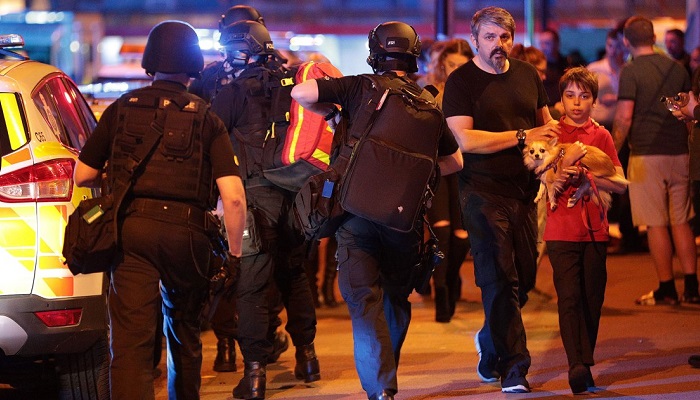Macron has becomes not only France’s youngest-ever president but also one of its most unlikely.
French voters elected centrist Emmanuel Macron as the country’s youngest president ever on Sunday, strengthening France’s place as a central pillar of the European Union.
Supporters of the 39-year-old Macron were delighted at the news, waving red, white and blue tricolor flags at a victory party outside the Louvre Museum in Paris.
The result wasn’t even close. Pollsters projected that Macron won 65 percent of the votes. Le Pen’s projected 35 percent score was lower than her polling numbers earlier in the campaign. Marine Le Pen, his far-right opponent in the presidential runoff, quickly called the 39-year-old Macron to concede defeat after voters rejected her “French-first” nationalism by a large margin.
Macron’s victory is the third time in six months — following elections in Austria and the Netherlands — that European voters shot down far-right populists who wanted to restore borders across Europe.
Emmanuel Macron in his victory speech said that, ‘we have immense task ahead and will require commitment of all of France’.
He raised the tender topic of terrorism in the country and promised the nation that “France will be on the front line in the fight against terrorism.”
He has promised to heal a fractured and demoralised country after a vicious campaign that has exposed deep economic and social divisions, as well as tensions around identity and immigration.
Unknown three years ago, Macron is now poised to become one of Europe’s most powerful leaders, bringing with him a hugely ambitious agenda of political and economic reform for France and the European Union.
Macron has becomes not only France’s youngest-ever president but also one of its most unlikely. Until now, modern France had been governed either by the Socialists or the conservatives — but both Macron and Le Pen upended those political traditions.




